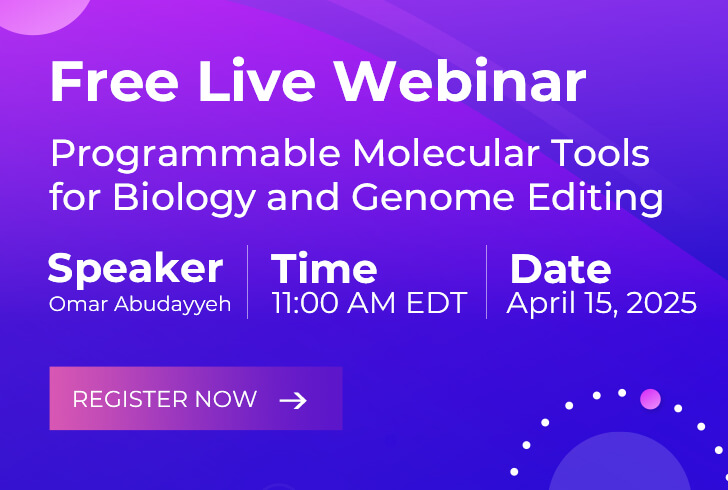ARO-AAT
Inquiry NowIntroduction to Orphan/Rare diseases
Due to the serious threat to children's health, rare or orphan diseases have aroused much attention in the past few years. Many groups and companies are dedicated to developing new drugs for disease therapy. In general, high throughput screening assays will be designed to screening suitable small molecule candidates. Then, the preclinical studies will be generated to reveal the pharmacokinetics in different types of animal disease models. Afterward, a series of clinical trials, such as phase I, phase II and phase III clinical trials, should be conducted on healthy individuals and patients to assess the safety and efficacy of candidate drugs. However, no effective treatments or cures have been found to provide a unique opportunity to improve the lives of patients with rare or orphan diseases. As a result, a novel strategy has been developed based on small interfering ribonucleic acid (siRNA) technology for treating a variety of rare genetic diseases in humans.
The ARO-AAT in Disease Treatment
Recently, a potential drug, ARO-AAT, has been generated to the treatment of alpha-1 antitrypsin deficiency (AATD), a serious rare disease that can cause liver damage in patients. ATT can be synthesized and produced by various liver cells. It can inhibit the function of many enzymes that resolve a battery of connective tissues. The Z mutant in rare genetic disorders can cause the misfolding of a protein. The dysfunctional protein can lead to sustained liver damage and an increased risk of liver cancers. ARO-AAT plays an important role in inhibiting the production of the mutant alpha-1 antitrypsin (Z-AAT) protein, which is essential to prevent the development of AATD in different patients. Meanwhile, many results collected from clinical trials have also confirmed that blocking the generation of Z-AAT proteins can slow the progression of AATD and eventually promote liver repair and regeneration.
The ARO-AAT in Clinical trials
ARO-AAT has been considered as attractive gene therapy for the treatment of AATD. Meanwhile, the data have suggested that ARO-AAT has a strong liver exposure-response and can produce the desired beneficial effects in preclinical studies. Nowadays, a number of clinical trials have been carried on healthy individuals and AATD patients to prove the efficacy of ARO-AAT. For instance, 44 health adult volunteers have been recruited to receive single or multiple doses of ARO-AAT in a phase I trial. Moreover, the safety, pharmacokinetics and potential mechanism of ARO-AAT have been also evaluated. In phase III clinical trials, ARO-AAT has been used for treating patients with AATD. 120 patients have been recruited to give different levels of doses in two years. The new findings have indicated that three monthly doses of 300 mg ARO-AAT can significantly obtain 100% serum alpha-1 antitrypsin (AAT) knockdown.

